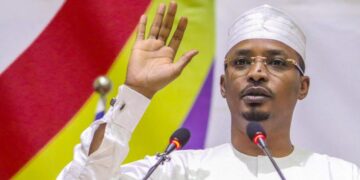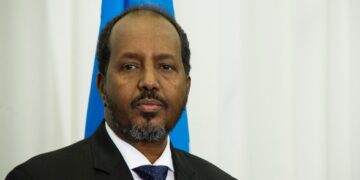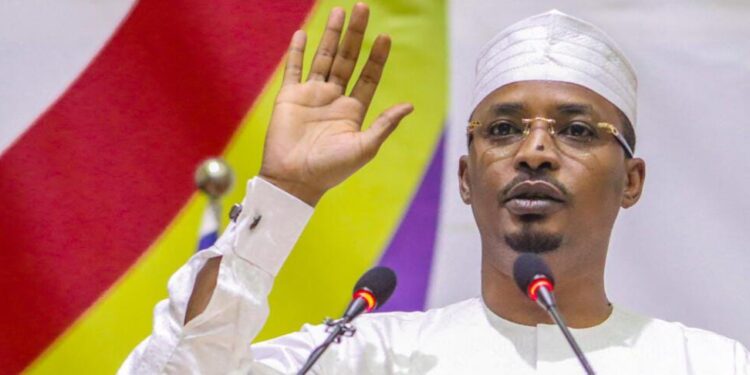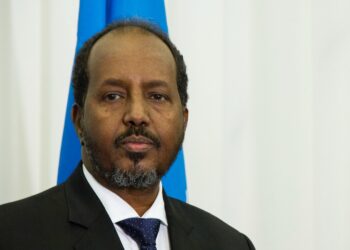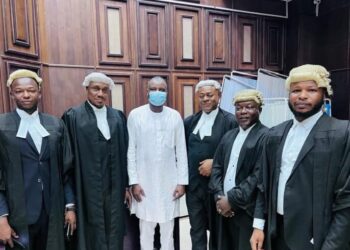By Riches Soberekon
Chad leader, Mahamat Idriss Deby Itno, has granted pardons to an additional 110 individuals who were previously sentenced to imprisonment in connection with the protests
In October of 2020 following a series of protests against the government in Chad which resulted in fatalities, ober 600 young men, including 80 minors, were arrested in N’Djamena and taken to a prison in Koro Toro, which is over 600 kilometers away.
They were detained for months and tried without legal representation.
Over half of them were sentenced to prison, while the others received suspended sentences or were released.
The arrest occurred after protests broke out in the capital, N’Djamena, and several other towns following Deby’s announcement of his interest in extending his transitional rule.
Deby was declared the head of state by the army in April 2021, following the death of his father, Idriss Deby Itno, during anti-rebel operations.
His father had previously ruled the country for 30 years.
The 110 individuals who were granted pardons had been previously convicted and sentenced, receiving prison terms ranging from 18 months to five years. These verdicts were issued in Koro Toro, N’Djamena, and Moundou, which is the second-largest city in Chad.
They were found guilty of various offenses, including unauthorized assembly, intentional assault and battery, arson, and destruction of property.
According to Mahamat El-Hadj Abba Nana, the public prosecutor at the N’Djamena Court of Appeal, the pardons were given in order to promote national unity and reconciliation.
With the pardons granted, a total of 436 people who were sentenced for their involvement in the October protests have now been pardoned by the Chadian authorities.
Similarly, at the end of March, a group of 259 protesters who received prison sentences were granted pardons through a similar decree. This was followed by a second wave of 67 people in May.
Some human rights organizations have expressed their approval of the pardons, although they have criticized the government’s handling of the protests.
However, some individuals believe that the pardons are not sufficient and that the government should do more to tackle the root causes of the protests, such as poverty and corruption.
